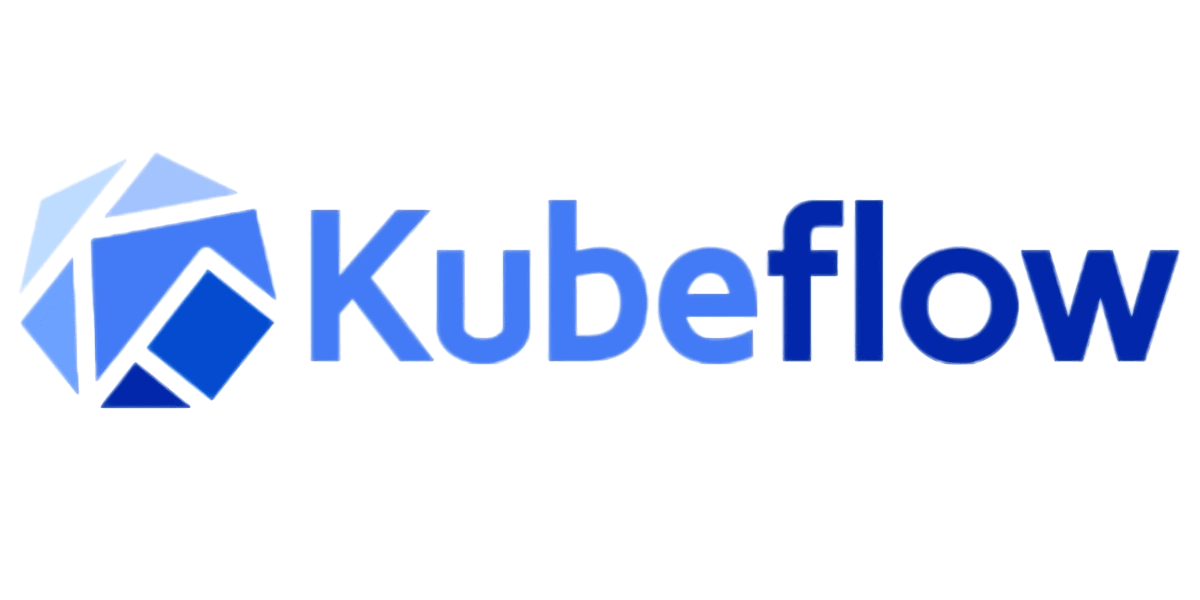This project is a demonstration of a Kubeflow Pipeline for training and deploying an IRIS classifier model. It covers various components of the pipeline, from data preparation to model training and prediction.
- GitHub Repository: KubeFlow-Pipeline-IRIS-Classifier-Demo
- LinkedIn Profile: Kailash Parshad on LinkedIn
Before running the Kubeflow pipeline, make sure you have the following prerequisites installed:
- Docker
- Minikube
- Kubernetes
-
Add Docker's official GPG key:
sudo apt-get update sudo apt-get install ca-certificates curl gnupg sudo install -m 0755 -d /etc/apt/keyrings curl -fsSL https://download.docker.com/linux/ubuntu/gpg | sudo gpg --dearmor -o /etc/apt/keyrings/docker.gpg sudo chmod a+r /etc/apt/keyrings/docker.gpg -
Add the Docker repository to Apt sources:
echo "deb [arch=\$(dpkg --print-architecture) signed-by=/etc/apt/keyrings/docker.gpg] https://download.docker.com/linux/ubuntu \$(. /etc/os-release && echo \$VERSION_CODENAME) stable" | sudo tee /etc/apt/sources.list.d/docker.list > /dev/null
-
Update the package list:
sudo apt-get update
-
Install Docker and related packages:
sudo apt-get install docker-ce docker-ce-cli containerd.io docker-buildx-plugin docker-compose-plugin
-
Download and install Minikube:
curl -LO https://storage.googleapis.com/minikube/releases/latest/minikube_latest_amd64.deb sudo dpkg -i minikube_latest_amd64.deb
-
Start the Minikube cluster:
sudo usermod -aG docker $USER && newgrp docker minikube start
-
Interact with the Kubernetes cluster:
kubectl get po -A
-
Deploy Kubeflow Pipelines:
export PIPELINE_VERSION=2.0.2 kubectl apply -k "github.com/kubeflow/pipelines/manifests/kustomize/cluster-scoped-resources?ref=$PIPELINE_VERSION" kubectl wait --for condition=established --timeout=60s crd/applications.app.k8s.io kubectl apply -k "github.com/kubeflow/pipelines/manifests/kustomize/env/platform-agnostic-pns?ref=$PIPELINE_VERSION"
-
Start a Minikube cluster, if not already running:
minikube start
-
Verify that the Kubeflow Pipelines UI is accessible by port forwarding:
kubectl port-forward -n kubeflow svc/ml-pipeline-ui 8080:80
-
Access the Kubeflow Pipeline: IRIS Classifier Model by following the link:
The Kubeflow pipeline creation work starts here. The compiled YAML file is also attached.
This project includes the following components for building and running the IRIS classifier model:
prepare_data: Data preparation componenttrain_test_split: Component for splitting data into training and testing setstraining_basic_classifier: Model training componentpredict_on_test_data: Component for making predictions on the test datapredict_prob_on_test_data: Component for predicting probabilitiesget_metrics: Component for calculating model metrics
The pipeline is defined in the code and can be customized as needed. It includes steps for data preparation, model training, and evaluation.
To run the pipeline, use the provided Python code and specify the data path. You can also customize the pipeline according to your requirements.
# Define the pipeline
@dsl.pipeline(
name='IRIS classifier Kubeflow Pipeline',
description='IRIS classifier by Kailash'
)
def iris_classifier_pipeline(data_path: str):
# Pipeline definition here
# ...##Experiment and Run You can create an experiment and run the pipeline using the provided code.
# Create an experiment and run the pipeline
experiment_name = 'iris_classifier_exp'
run_name = 'iris_classifier_run'
namespace = "kubeflow"
arguments = {"data_path": DATA_PATH}
kfp.compiler.Compiler().compile(pipeline_func, 'iris_classifier_pipeline.yaml')
run_result = client.create_run_from_pipeline_func(pipeline_func, experiment_name=experiment_name, run_name=run_name, arguments=arguments)